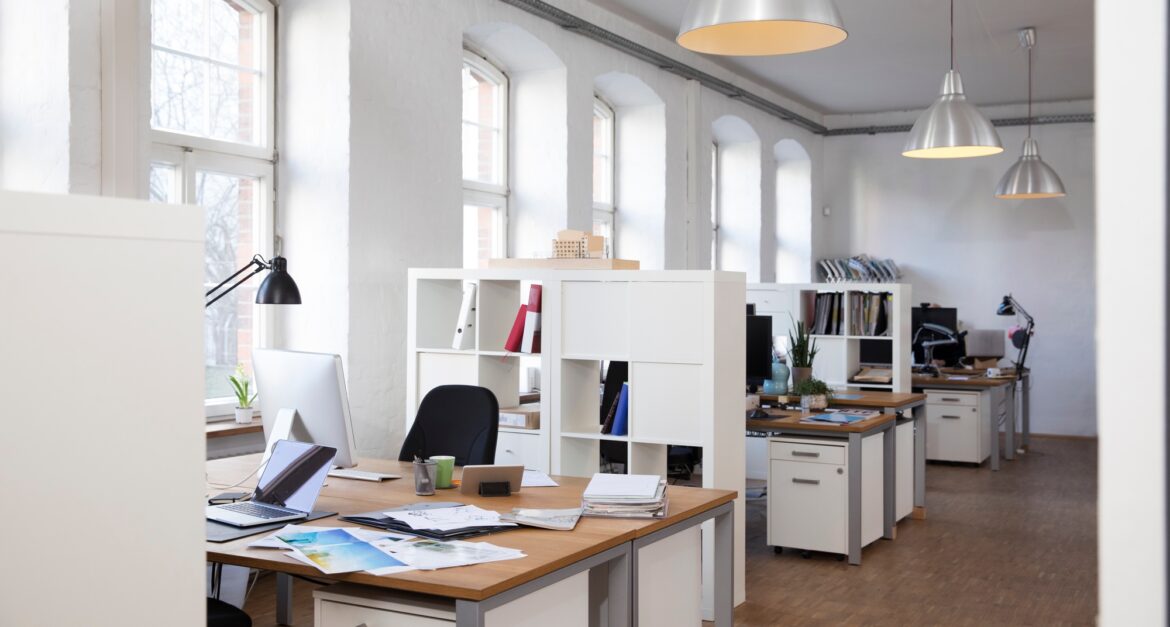
How to Achieve Optimal Property Security Standards for Commercial Properties in the UK
Physical threats and criminal activities remain a significant concern for businesses, so ensuring optimal security for commercial properties in the UK is more vital than ever. Whether it’s safeguarding valuable assets, protecting staff, or ensuring compliance with insurance requirements, commercial property owners and managers need to adopt a strategic and comprehensive approach to security.
This guide outlines the best practices, legal considerations, and practical steps businesses can take to achieve top-tier security standards.
Understanding Legal & Regulatory Requirements
Before implementing any security measures, it’s important to understand the legal framework that governs commercial property security in the UK:
- Health and Safety at Work etc. Act 1974: Employers are responsible for maintaining a safe environment, including protection against unauthorised access or security risks
- The Regulatory Reform (Fire Safety) Order 2005: This legislation requires businesses to conduct fire risk assessments, which often include considerations for secure emergency exits and fire doors
- The Data Protection Act 2018 (incorporating UK GDPR): If your property uses CCTV, you must ensure images are captured and stored in compliance with privacy regulations
- Insurance Requirements: Most business insurance policies stipulate minimum standards for physical security, such as the use of certified locks and safes
Conduct a Comprehensive Risk Assessment
A thorough risk assessment is the foundation of any good security strategy. Consider the nature of your business operations, the value and sensitivity of assets stored on-site, the crime rate in the local area, and physical vulnerabilities such as access points and lighting. Based on this, you can prioritise measures according to the level of risk.
Best Practices for Commercial Property Security
- Install a Multi-Layered Access Control System
Implementing [access control limits] who can enter specific parts of your premises. This might include keypad or card-entry systems, biometric access (fingerprint or facial recognition), and visitor management systems. Access logs can also help with audits or investigations if an incident occurs. - Use High-Quality Safes and Secure Storage
For storing cash, sensitive documents, or high-value equipment, invest in insurance-approved safes. Secure Safe offers a wide range of commercial-grade safes certified by European standards (EN1143-1, EN14450), ensuring compliance with insurers’ expectations. - Deploy a Monitored CCTV System
Visible and well-placed CCTV cameras act as a strong deterrent. Ensure your system records high-quality footage, is monitored in real-time or integrated with a remote security service, and complies with data protection regulations. - Alarm Systems and Intruder Detection
Install a certified intruder alarm system with 24/7 monitoring. Many insurers require alarm systems to be NSI or SSAIB certified. Ensure perimeter sensors and motion detectors are properly installed, and integrate alarms with police response if possible. - Perimeter Security & Lighting
Security starts at the boundary of your premises. Key measures include fencing, bollards, or vehicle barriers, motion-activated or timed security lighting, and reinforced doors, windows, and shutters. These steps not only deter intruders but also enhance team member and visitor safety after dark. - Cybersecurity Integration
More security systems now operate on digital networks, and we have seen a number of high-profile attacks on digital infrastructure in the news recently. It’s crucial to secure your network against hacking, regularly update firmware on smart locks and surveillance equipment, and use encryption for remote access tools. - Staff Training & Security Culture
Even the most robust systems can be compromised by human error. Train staff to recognise suspicious behaviour, handle keys, access cards, and codes responsibly, and report incidents or breaches immediately.
Choosing the Right Security Suppliers
Partnering with the right supplier is essential to achieving lasting security. A trusted name provides expert advice on selecting the right security for your business type, certified security products with industry-leading warranties, nationwide delivery and installation services, and ongoing support and product servicing.
Final Thoughts
Achieving optimal security standards isn’t just about installing more cameras or thicker locks. It’s about creating a layered, strategic approach tailored to your business needs, aligned with legal requirements, and supported by high-quality products and services.
For long-term peace of mind and compliance with insurance and regulatory standards, commercial property owners in the UK should regularly review their security infrastructure and partner with reputable suppliers. For complete security solutions, reach out to Secure Safe today and speak to one of our professional security experts.




